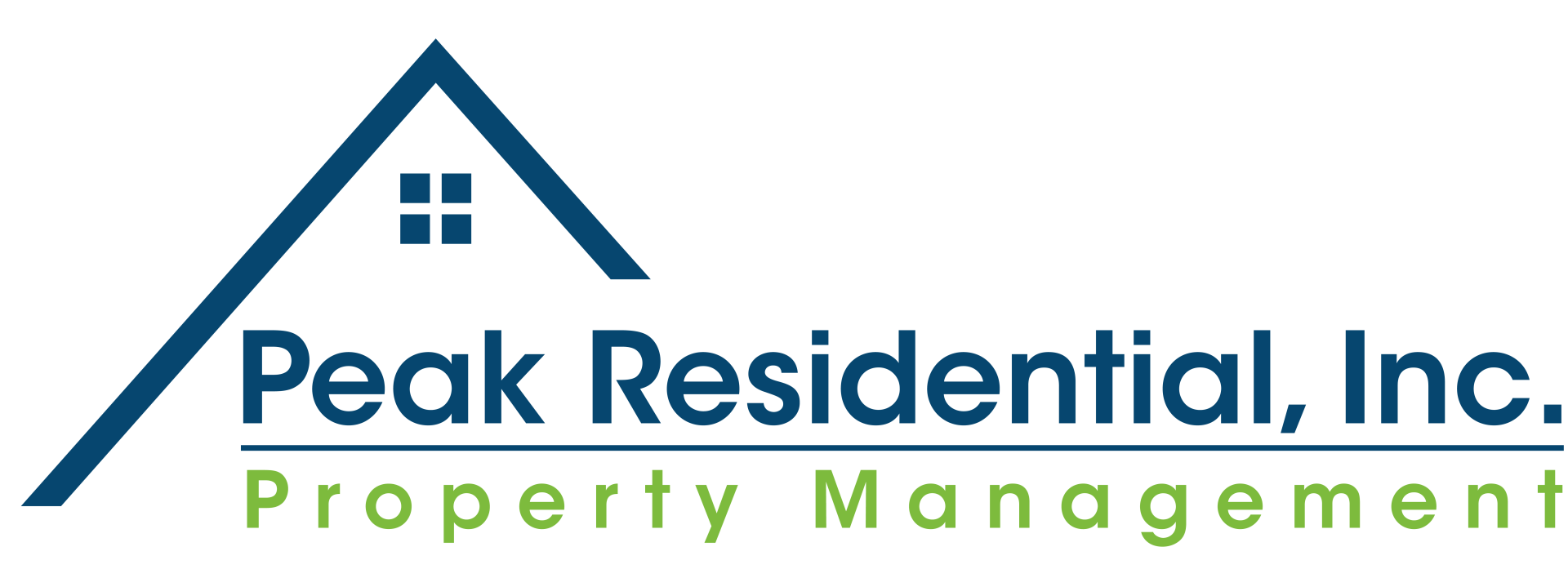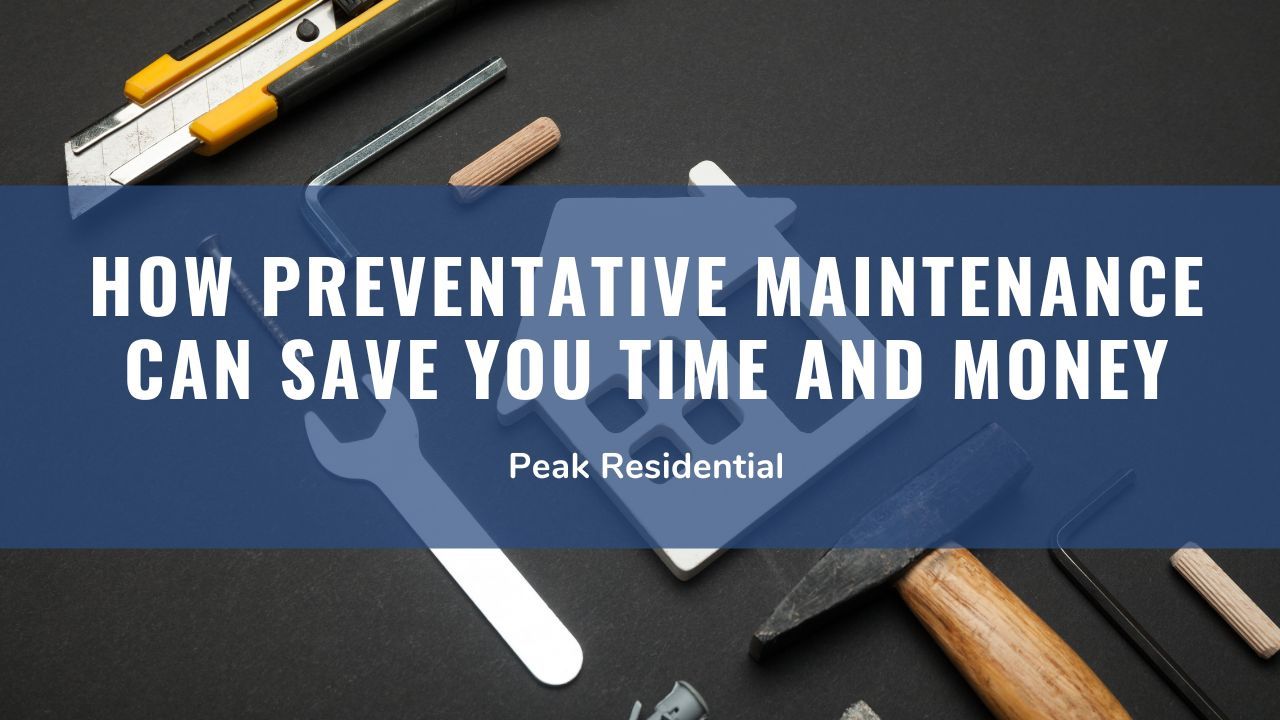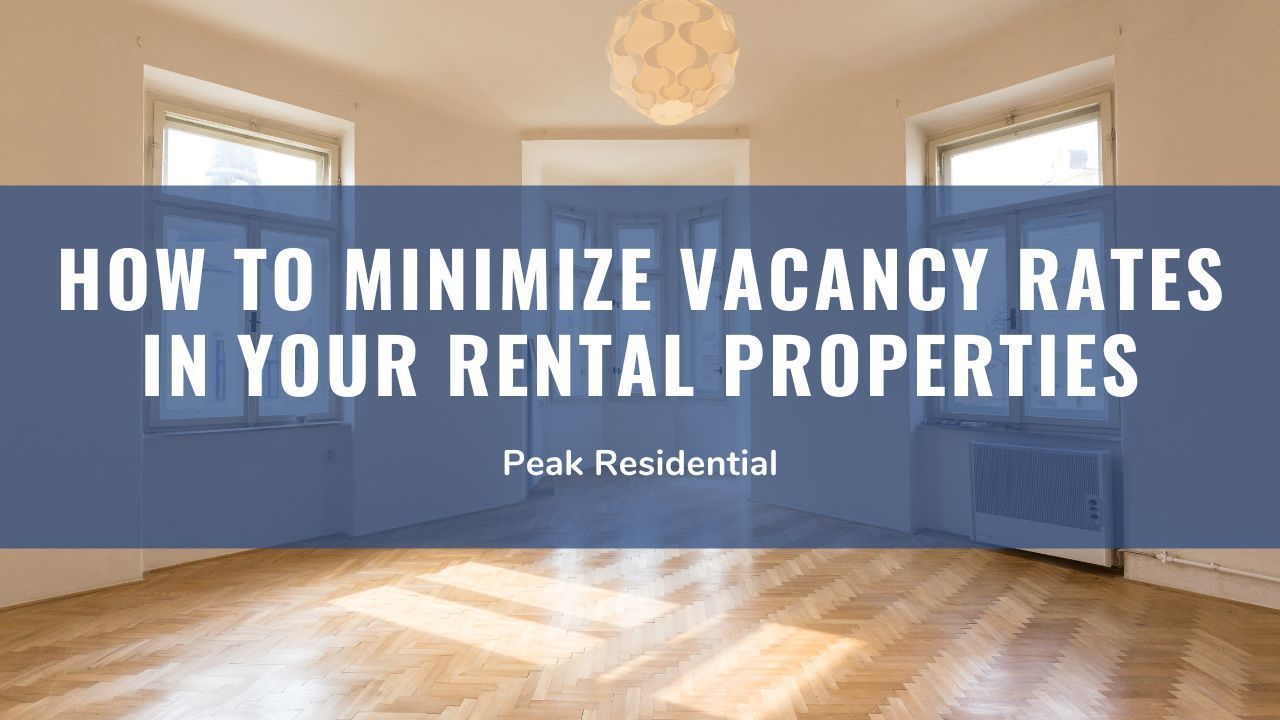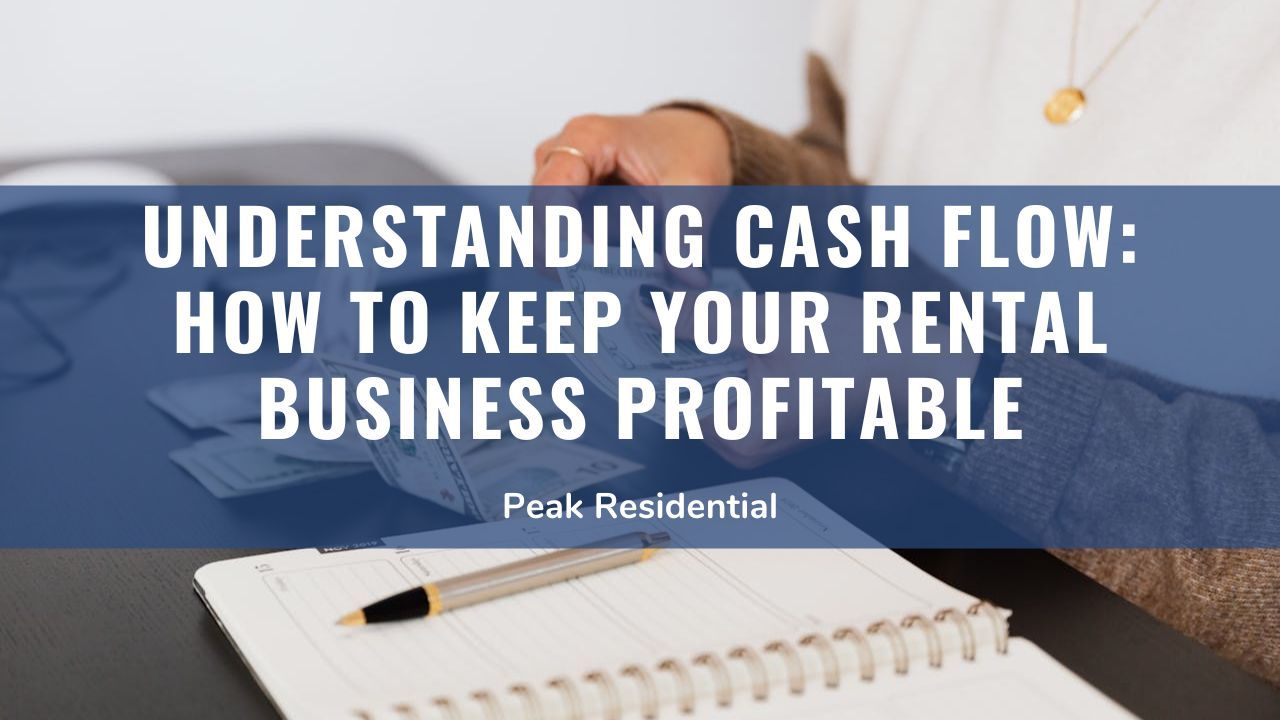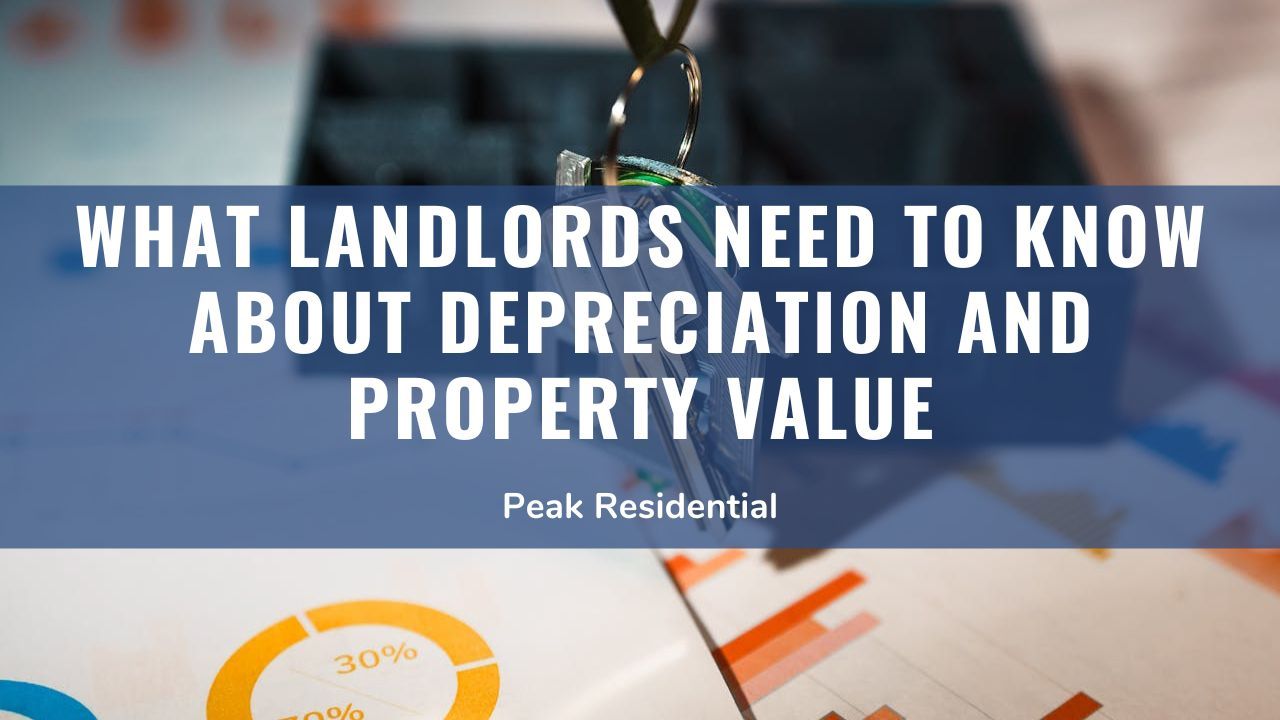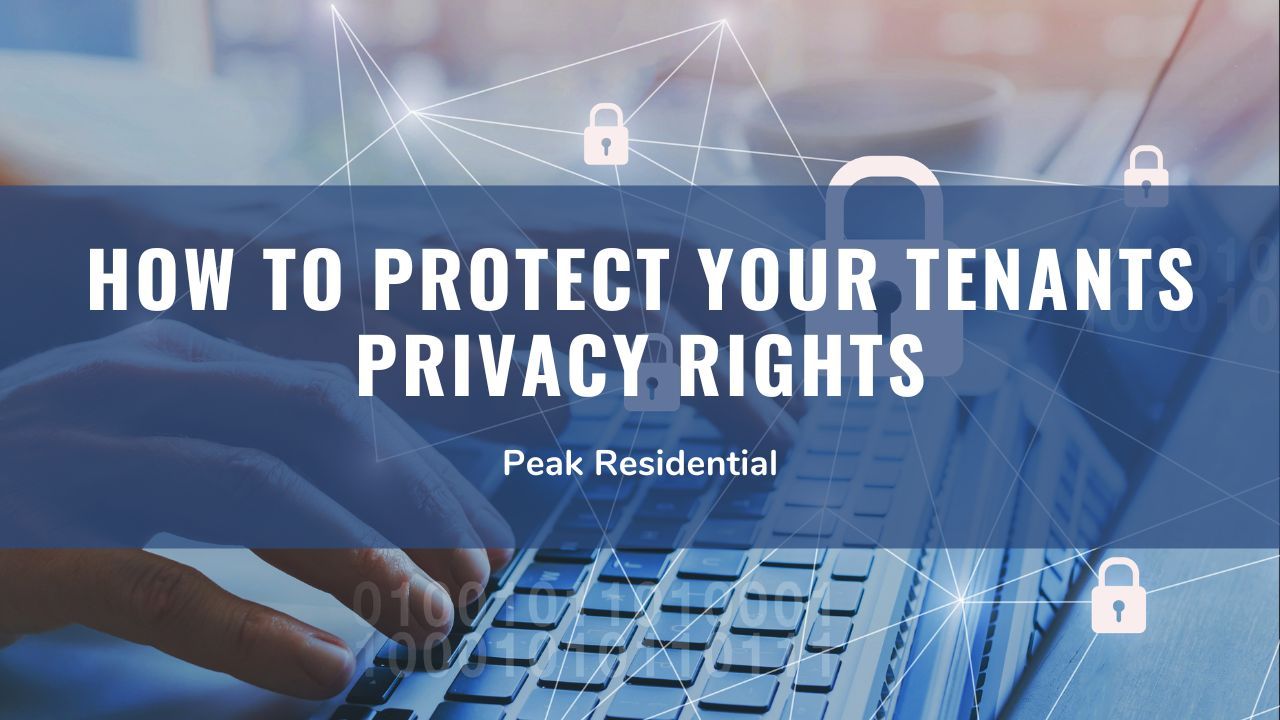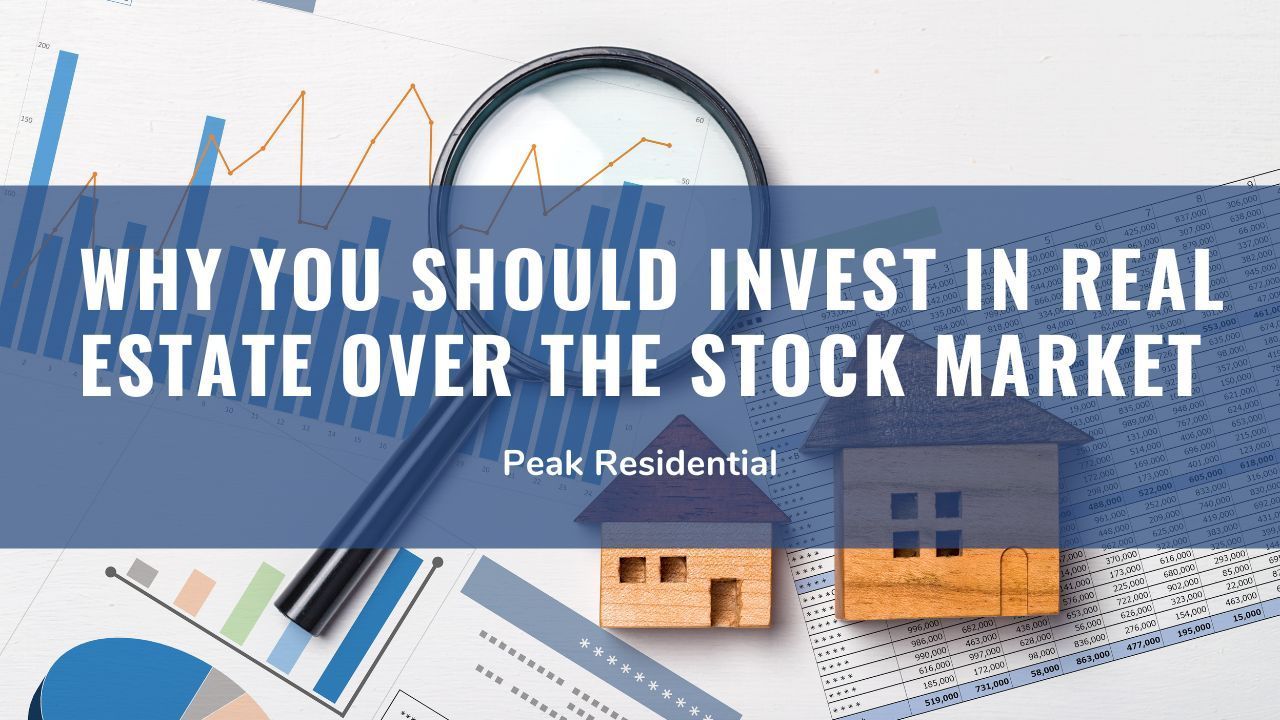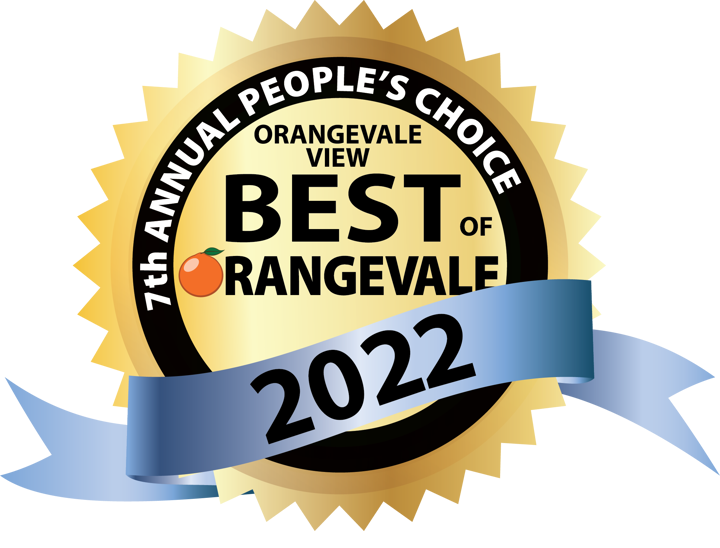Real estate crowdfunding has been gaining momentum as a unique investment avenue that opens up real estate projects to a broader range of investors, including individual landlords looking to diversify their portfolios.
Traditionally, investing in large real estate projects required significant capital or partnerships with other high-net-worth individuals. |With crowdfunding, it’s now possible to participate in larger projects with smaller financial commitments, thanks to online platforms that facilitate these investments.
For landlords, understanding real estate crowdfunding can help expand opportunities beyond directly owned properties. Crowdfunding provides access to a wider range of property types, from commercial buildings to multifamily developments, and the chance to invest in different geographic areas.
What is Real Estate Crowdfunding?
Real estate crowdfunding allows multiple investors to combine their funds to finance real estate projects collaboratively. Typically, these investments are managed through online crowdfunding platforms that bring together developers, sponsors, and investors.
These platforms allow investors to browse through a variety of real estate projects and decide which ones align with their goals. Landlords can choose to invest in a diverse range of assets, such as residential complexes, commercial buildings, industrial properties, and even new development projects.

Once enough capital is raised through contributions from multiple investors, the project can move forward, and investors generally receive returns in the form of monthly or quarterly distributions, as well as a portion of the profits if the property is sold or refinanced.
Benefits of Real Estate Crowdfunding for Landlords
Here are the common benefits of crowdfunding:
1. Access to Larger Projects
Crowdfunding enables landlords to invest in projects that might require more money than usual, which could be impractical to fund individually.
For instance, large
commercial buildings or residential complexes typically require significant upfront investment. By pooling resources through crowdfunding, landlords can participate in high-value projects without shouldering the full financial burden.
2. Diversification of Investments
For landlords accustomed to managing individual rental properties, crowdfunding offers an opportunity to diversify holdings and mitigate risk.
With crowdfunding, landlords can invest in different types of real estate in various locations, reducing exposure to potential losses in any single property or region. By diversifying, they can build a portfolio that’s resilient to local market fluctuations and specific property risks.
3. Passive Income Potential
Real estate crowdfunding allows landlords to generate passive income without actively managing a property. Typically, the sponsor or developer of the project handles day-to-day management, tenant issues, and other operational tasks.

This setup allows landlords to receive returns without the time and effort involved in managing rental properties, which can be particularly appealing for those looking to reduce hands-on involvement.
4. Lower Minimum Investment
Crowdfunding platforms generally have lower minimum investment requirements compared to traditional real estate investments. While purchasing a rental property may require a substantial down payment and closing costs, some crowdfunding platforms allow investors to participate with as little as a few hundred or a few thousand dollars.
This feature makes it easier for landlords to try out crowdfunding with a smaller portion of their capital and expand over time if it aligns with their goals.
Types of Real Estate Crowdfunding
Equity Crowdfunding
In equity crowdfunding, investors buy shares in a property, similar to owning a stock in a company. Investors are entitled to a portion of the rental income generated by the property, as well as a share of the profits when the property is sold.
This model can be lucrative if the property’s value increases over time and rents generate
steady income, but it may take several years to see significant returns.
Debt Crowdfunding
In debt crowdfunding, investors lend money to the property developer or owner and earn returns through interest on that loan. Debt crowdfunding often comes with lower returns than equity but may provide a more predictable income stream since interest payments are typically more regular than equity distributions.

Additionally, debt investors are typically repaid first if a project underperforms or defaults, making it a potentially safer option than equity investments.
REITs (Real Estate Investment Trusts) and eREITs
Some platforms offer investment opportunities in private REITs or eREITs, which function similarly to traditional REITs but are accessible through crowdfunding.
These vehicles pool funds to invest in a portfolio of properties, allowing for a diversified investment. REITs can offer steady income in the form of dividends and may allow landlords to invest in a mix of property types without focusing on specific projects.
Key Considerations for Landlords Using Real Estate Crowdfunding
Platform Research and Selection
There are several real estate crowdfunding platforms available, each with its own fees, investment types, and minimum requirements. Landlords should research platforms carefully to find one that matches their investment style and risk tolerance.
Key factors to consider include platform reputation, types of projects available, fees, and expected return rates. Established platforms often provide detailed information about the project sponsor’s experience, the property’s location, and projected
returns on investment, helping landlords make informed decisions.
Risk and Return Profile
Like any investment, real estate crowdfunding involves certain risks. While equity investments offer the potential for higher returns, they are also subject to market fluctuations and may take time to yield profit.
Debt investments tend to offer lower returns but can provide more consistent income. It’s essential for landlords to assess their own financial goals and
risk tolerance before choosing which type of investment to pursue.
Regulatory and Tax Implications
Different types of crowdfunding investments may have distinct tax implications, and some may require landlords to meet accreditation standards if they’re investing larger amounts. For instance, some equity investments are available only to accredited investors (those who meet certain income or net worth criteria).
Due Diligence on Projects and Sponsors
Before committing funds, landlords should perform due diligence on the projects and sponsors associated with each investment opportunity.
Checking the track record of the sponsor, the projected financial performance of the property, and the economic outlook of the property’s location can help mitigate risks.
Platforms often provide performance history and data about sponsors and developers, allowing investors to review past success rates and property details.
Bottomline
By pooling resources with other investors, landlords can gain entry to larger projects, diversify their portfolios, and earn passive income. It’s important to perform due diligence, understand the types of projects and returns, and select a platform that aligns with one’s financial goals and risk tolerance.
Peak Residential
understands the needs of landlords and can assist those interested in exploring real estate crowdfunding. Our expertise in the field helps us identify strong investment opportunities and guide landlords through the intricacies of the crowdfunding process.
To learn more about how we can help you expand your portfolio,
contact us today for a consultation. We’ll help you make informed decisions that bring value and growth to your investments.
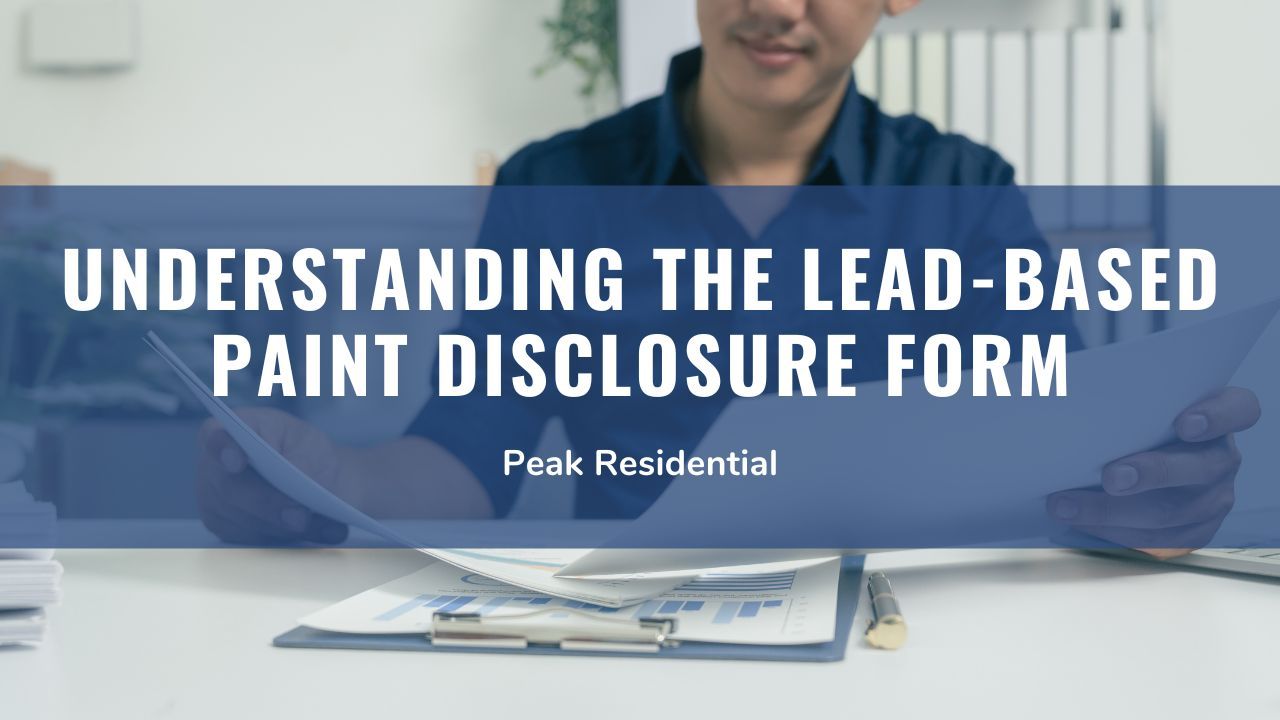
Peak Residential, Inc.
8:30am - 12pm & 1pm - 5pm Monday - Friday (Office Visit by Appointment Only
Sitemap | Privacy Policy | Accessibility | DRE Lic #02133123
© All Rights Reserved.
Peak Residential, Inc.

